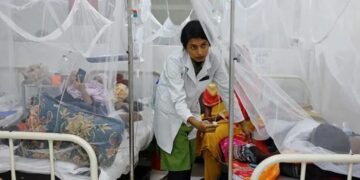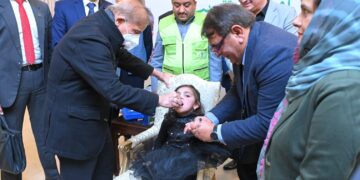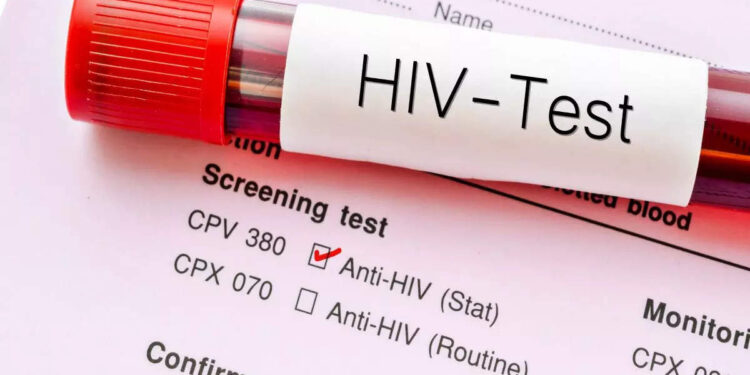Islamabad: Between January 1 and October 31, 2022, a startling 519 persons tested positive for HIV in Islamabad, Pakistan. The majority of cases have been found in young men between the ages of 18 and 25, who are categorized as men having sex with men (MSM), officials revealed on Wednesday.
According to a representative of the National Health Services, Regulations and Coordination (NHS, R&C), 51 persons tested positive for HIV on average each month in Islamabad. “In the first ten months of 2022, 519 new HIV patients who tested positive have been reported at the treatment centre at the Pakistan Institute of Medical Sciences (PIMS) in Islamabad,” the NHS, R&C official further told.
The federal health ministry official claimed that out of the 519 new HIV patients, 40 to 45 percent are “young men in the age group of 18 to 25 years” who identified as men having sex with men and people who were engaged in “unsafe sex.”
The official figures show that PIMS Islamabad registered 38 new patients who tested positive for HIV in January, 61 in February, 40 in March, 34 in April, and 45 in May, with June seeing the highest number of new HIV cases; 53 new HIV patients were enrolled in July; 61 in August; 64 tested positive for the virus in September; and 49 more in October 2022.
As the number of HIV cases in the capital increased, the NHS official asserted, “We have created another treatment centre for HIV patients at Polyclinic Hospital, Islamabad. It has been operational for the previous few weeks but has not yet been properly launched.”
Symptoms and Signs
Depending on the stage of infection, the symptoms of HIV vary. Although those who have HIV are typically most contagious in the first few months after catching the infection, many don’t become aware of their condition until later stages. People may suffer no symptoms in the first several weeks following the first infection or flu-like symptoms, such as fever, headache, rash, or sore throat.
They may also have other signs, and symptoms like swollen lymph nodes, weight loss, fever, diarrhoea, and cough as the virus gradually weakens the immune system. In addition, they are at risk of contracting life-threatening conditions such as Kaposi’s sarcoma and lymphomas, as well as cryptococcal meningitis, severe bacterial infections, and tuberculosis (TB).



























